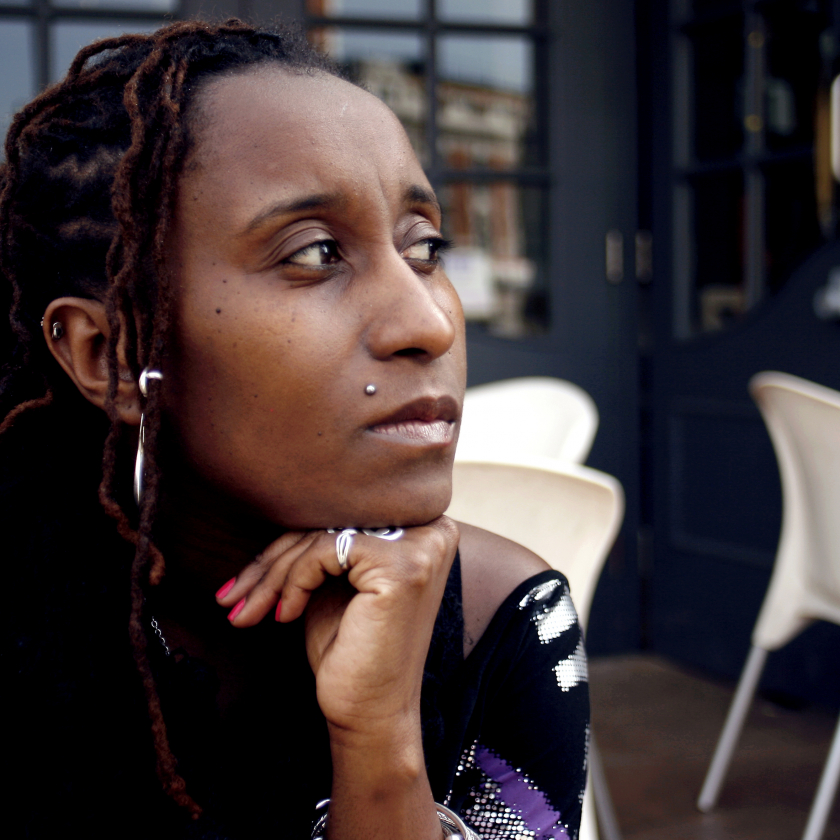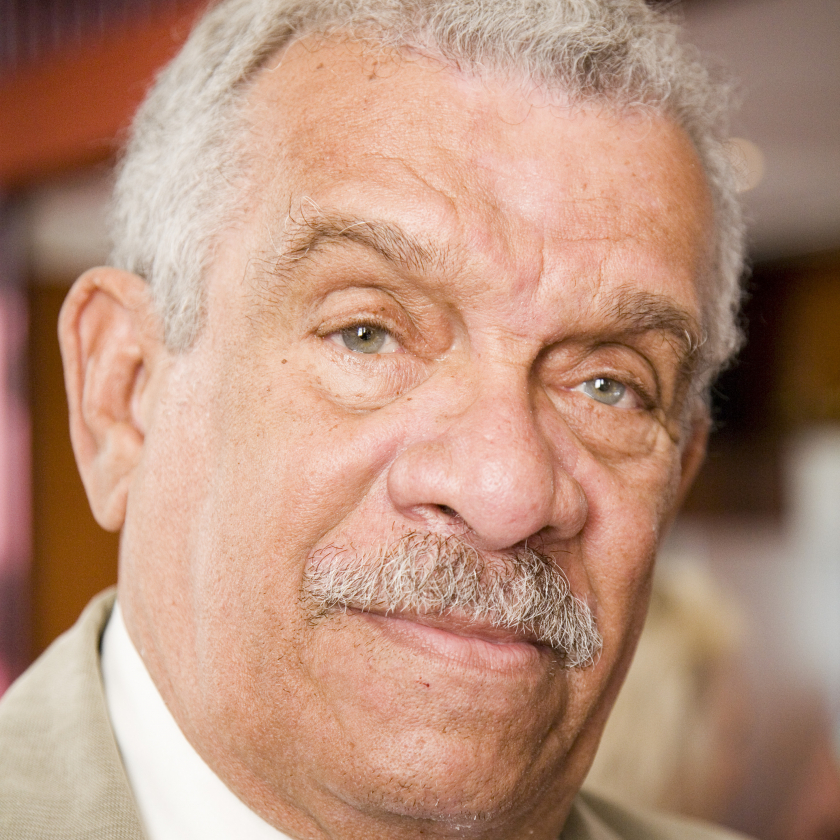Steel pans sticks / lick / sombre
is a hollering / a carrying on /
you / eh / hear / yet /
man / Walcott dead /dead /
dead.
…
Let it be noted – I am a poet – yet today my pen is reluctant. There is no eloquence in this blog post that I fight to write. This is a hard task. This is a hard, hard thing to write. Walcott is dead.
Yes, there were warnings, in the breeze, in the frailty of his walk. Yes, there were murmurs in the evening air. Yes, there were expectations - whispers in literary circles and gatherings - I fear he has not got long, he time soon come, he catch sick again, I hear he take to bed, he poorly. But all of those were uttered as if – he was some strong back poet and things like death couldn’t happen to him. Is Walcott we talking bout here. Derek Walcott.
So when it finally happened we were not prepared for his exit, for his eternal sleep, for his soul to travel from that body. No, we thought his poetry was his mighty armour. We thought his poetry made him death proof, because Literary Bad-johns like Walcott can’t die.
…
I woke up that morning the same way I always do easy, easy and cool, cool. Followed my morning routines like ritual. There was no warning that the world had already shifted and was waiting for me to catch up, until I logged into my Facebook. I remember reading the news, getting unreasonably vex then typing – this post is obviously a hoax so I am going to log off until tomorrow, when people stop this eye pass. But my body knew what my brain refused to accept as is always the way with grief. This body fractured and suddenly I was on the floor sobbing, body rocking to the music of a sorrow so unexpected, a performance so grotesque that I wanted to halt, but was powerless in the face of its unreasonableness. Bewildered I dialled my friend Kei Miller (poet & novelist) bawling and I remember asking him: Why am I crying like this? Why? Why?
…
I was privileged to have met Walcott on two occasions: The most memorable was at Goldsmiths, University of London, where he read from White Egrets in 2010. The hush in that lecture hall, as he recited the poems with a lyrical beauty that still lingers. I remember the audience's delayed pause, followed by a simultaneous standing ovation and deafening applause. And as he signed my book I stood awed by our proximity.
…
When I decided to become a Caribbean poet I knew I was stepping into Walcott’s sky, where the clouds are a blueprint and a pathway that I could pattern myself on. Walcott was a true visionary who forged a postcolonial critique that formed the foundation of his Caribbean aesthetics. He imagined a future that could only be shaped by standing at the intersection of European education and a colonial upbringing within a Caribbean landscape. Through his actions he advises poets like myself to wield language as both a weapon and a paintbrush, to be both observant and a slave to the imagination, and to write into the gaps whilst attempting to capture what is already present.
…
Walcott was best known for his ambitious epic 'Omeros' (where he re-imagined the Odyssey), which is still hailed as a major literary accomplishment. When he won the Nobel Prize for Literature how we paraded saluting him with rum and brag. Over his life span as a poet and playwright he has painstakingly created a poetic that manipulates classics like Chaucer, Shakespeare, the Bible and the Caribbean vernacular to construct a vivid lyrical post colonial poetic.
…
When our legends pass away all we have left are their poems, so I have found myself constantly revisiting my favourite Walcott poem 'A Letter from Brooklyn'
Now it seems quite prophetic – that first line – 'An old lady writes me in spidery style, / Each character trembling, and I see a veined hand / pellucid as paper, travelling on a skein / of such frail thoughts /…'
Somehow as I read this poem these days I imagine this is Walcott attempting to craft poems in his last days and by the time I read the line 'He is dead' or 'Heaven is to her a place where painters go/' - I am beyond tears, only to be reprimanded in Walcott’s last line – 'I believe it all, and for no man’s death I grieve.' And yet I now believe he is dead and deeply grieve.


